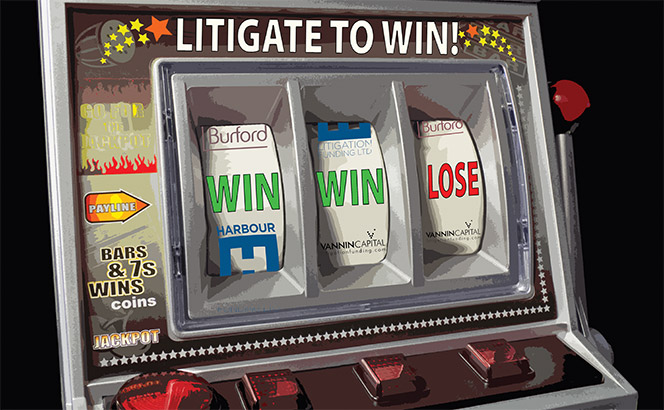An amendment filed to the Digital Markets, Competition and Consumers Bill last week will allow the use of damages-based agreements (DBAs) for opt-out collective proceedings heard in the Competition Appeal Tribunal, but only for litigation funders. The proposed amendment responds to the Supreme Court’s decision in PACCAR in July this year, which ruled that litigation funding agreements that allowed funders to recover a percentage of damages were prohibited.
The judgment left funders racing to renegotiate existing agreements in order to be able to enforce them, despite remaining adamant that they were optimistic about the industry as a whole. If this amendment is successful, renegotiation will be unnecessary, as litigation funding agreements (LFAs) based on percentages will remain viable.
Shortly after the decision, the litigation that some had been anticipating in light of the judgment came into fruition, with Bugsby Property unsuccessfully attempting to use the ruling to invalidate an LFA it held with Therium Litigation Funding. Elsewhere, funders reported largely amicable renegotiations in switching to multiple-based agreements. Nonetheless, many in the market agree on the need for legislative clarity, which this amendment would provide.
In the eyes of the funders, the proposed amendment doesn’t go far enough in providing clarity on LFAs and their enforceability. Oliver Hayes, partner at Balance Legal commented: ‘It’s great that in proposing the amendment the government has acknowledged that something needs to be done to clear up the mess following PACCAR. Unfortunately, the drafting of the proposed amendment is insufficient to do this. To address the uncertainty the amendment should make clear that the legislative definition of a damages based agreement (in the CLSA) is not intended to include a litigation funding agreement (which reflects the long-held legal sector understanding). This improvement to the draft amendment is required to avoid the court time and litigant costs that will otherwise continue to be wasted on speculative challenges to litigation funding arrangements both in the CAT and the wider courts following PACCAR.’
Tets Ishikawa, a litigation funder at Lionfish Finance, is of a similar view: ‘It’s a step in the right direction but somewhat misses the point. They’ve focused on PACCAR and opt-out, and clarified that DBAs aren’t allowed for an opt-out competition claim unless for the purposes of litigation funding. They could have looked at the DBA Regulations 2013 and removed or narrowed the definition of “claims management services” to exclude litigation funding, which would have resolved the broader issue. Alternatively, they could have addressed s58AA of the Courts and Legal Services Act 1990, where claims management services are similarly caught. Overall, it is positive but limited, it feels like a band aid for a specific scenario which misses the bigger picture.’
The Association of Litigation Funders of England and Wales (ALF) and International Legal Finance Associations (ILFA) have released statements, with a consensus that while government action is supported, the changes need to be further developed.
Gary Barnett, the executive director of ILFA said: ‘We appreciate how quickly the UK government has moved to try to mitigate the uncertainty created by the PACCAR judgment. But for the legal finance industry the current proposals only remedy some of the issues and not all of them. The UK legal system is one of the strongest in the world and we want to work with the UK government to ensure it stays that way and that citizens and businesses continue to have the necessary resources to pursue justice.’
Jonathan Barnes, a director of ALF, stressed the limitations of the current amendment in being confined to the CAT: ‘We welcome that the Government has recognised the need to take urgent action to ensure that consumers and businesses continue to have effective access to justice. However, this amendment only represents a partial fix to the problem, as it does not address cases heard outside of the Competition Appeal Tribunal. If left unaddressed, we believe that this will have a significant impact on the UK’s attractiveness as a legal centre, and we are seeking to engage with the Government to ensure that the UK remains a world leading centre for effective enforcement of consumer and competition law.’
The Bill is set to have its third reading on today (20 November), where funders hope that changes are made. Following this, it will progress to the House of Lords.












